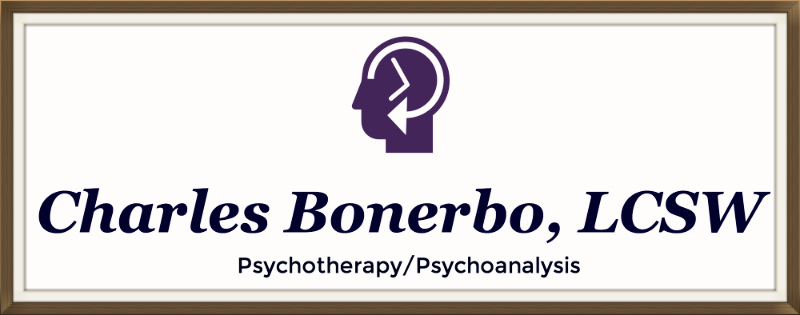Time to revisit...
In this space, I share my thoughts, as well as the Ideas and thoughts of the multitude of psychoanalysts who have deeply influenced my thinking about child and adult analysis over the years.
Feel free to add to the dialogue! What analysts, people or events have shaped your work as a psychoanalyst? Please share your comments , feelings, thoughts and spontaneous associations.
Christopher Bollas, with whom I had an opportunity to meet and briefly present a child case, about twenty years ago, writes
"I believe that a psychoanalyst (or psychoanalytic psychotherapist) is the most suitable person to treat a patient for neurotic, characterological, and psychotic problems; but it is essential for psychoanalysis to understand that theory must develop; not simply because we need to think more about psychic processes, but because we and our patients, a curious social sub-group, live within a cultural and symbolic world that is dynamic. If the world does not change for the better, it does change, and our patients speak to us in each generation in a different unconscious manner. Thus we must continuously rethink them!" (Christopher Bollas, Forces of destiny, pp 104. 1989 (the year I graduated NYU School of Social Work!) Free Association Books, LTD. London.)
So..."H", 10 y/o male patient , referred to me with an unofficial diagnosis of Attention Deficit disorder. Indeed, all his teachers observe behaviors that appear to loosely fit the criteria of the designation. I have heard the plaint all too often before; "there is something wrong with that boy...he can't sit still and is always bothering the others..."
He often comes into my office and calls me "doc". ...my countertransference is immediately aroused and I am invariably seduced by his precocious wit...."
He is an interesting looking boy of mixed race. However, he insists that one considers him African American. As the weeks of play therapy continue, "H" allows me to discover an intelligent, verbal boy who has multiple talents and natural skills, one of which is playing the violin. To be clear, however, he would much rather be known to me as a basketball superstar, or a world class soccer player. At both skills, by the way, he excels.
Last week he enters my office carrying a violin case. He asks me to sit on the couch. He takes out his violin and spontaneously plays a heartwarming rendition of "let it Be" by Paul McCartney.
I am moved to tears. I asked him if he knew the composer. He hesitates and then says.. ."I think some English dude, from about a hundred years ago."
I told him that he is probably right.
" A sense of destiny, then, would be a feeling that the person is fulfilling some of the terms of his inner idiom through familial, social, cultural, and intellectual objects. I believe that this sense of destiny is the natural course of the true self through the many types of object relations and that destiny drive emerges, if it does out of the infant's experience of the mother's facilitation of true self movement.
"The true self, as Winnicott suggested, can evolve through maternal adaptation and responds to the quality of care the child receive from the mother and father, as well as from the school and the peer world. Does the object world, in other words, provide the right conditions for the child to evolve his idiom, to establish his personality in such a way as to feel both personally real and alive, and to articulate the many elements of his true self?" (Bollas, Forces of destiny, Pg 34, ibid.)
I remember having read this for the first time 20 years ago. It made me a lasting impression on me and my work.
In my work, the theories of Freud, Klein, Winnicott, Fairbairn and others are paramount as theoretical templates. Moreover, the writings of Bollas, Ogden and others (Tustin, Bick....) afford me the opportunity to practice a Psychoanalysis that is simply more humanistic.
